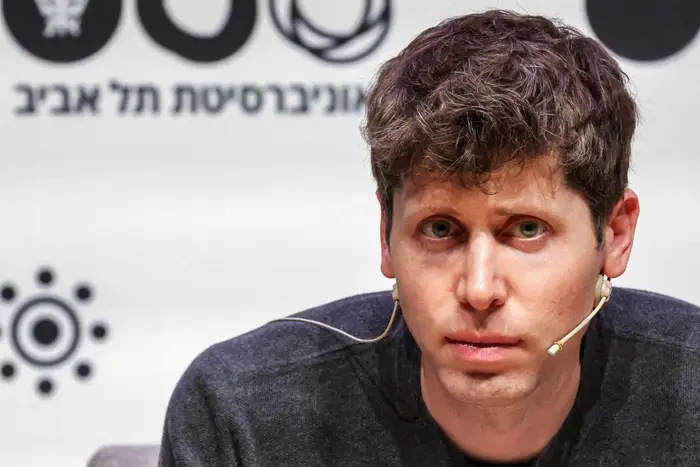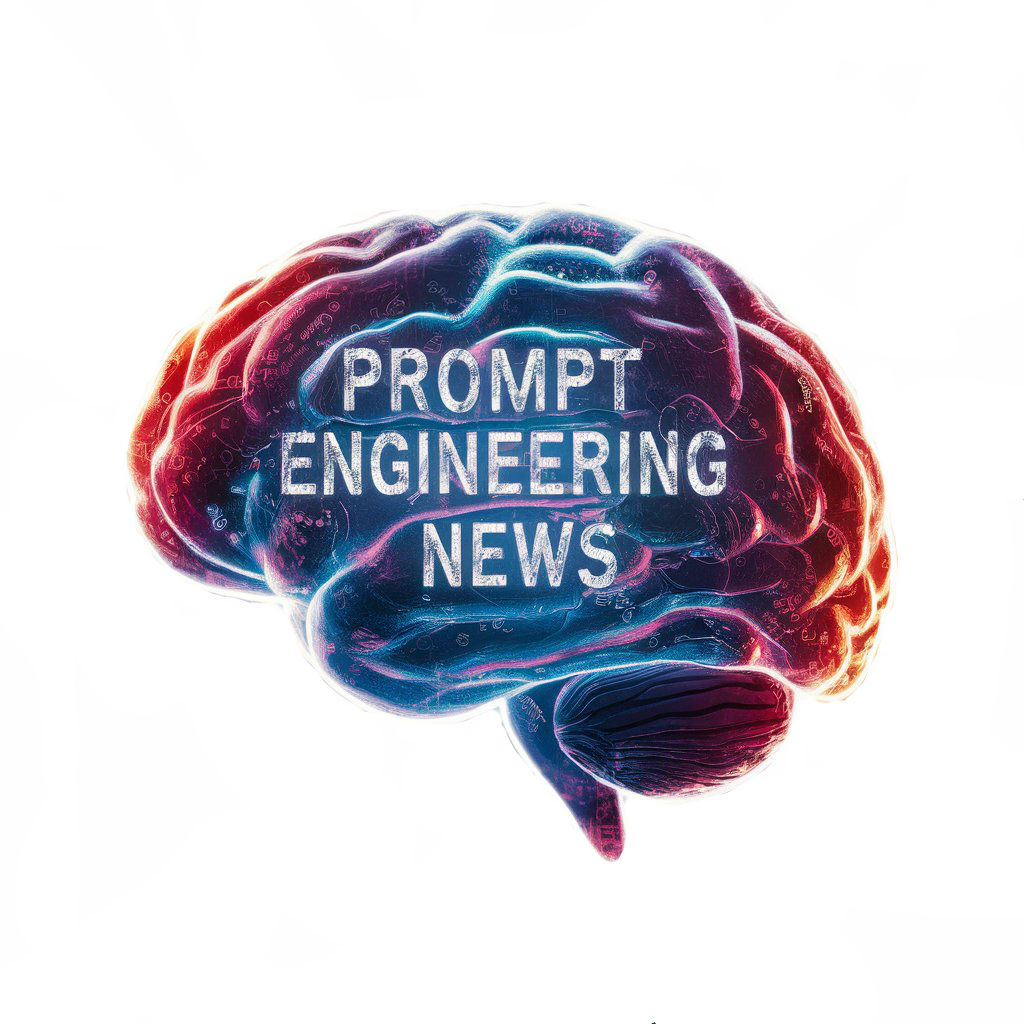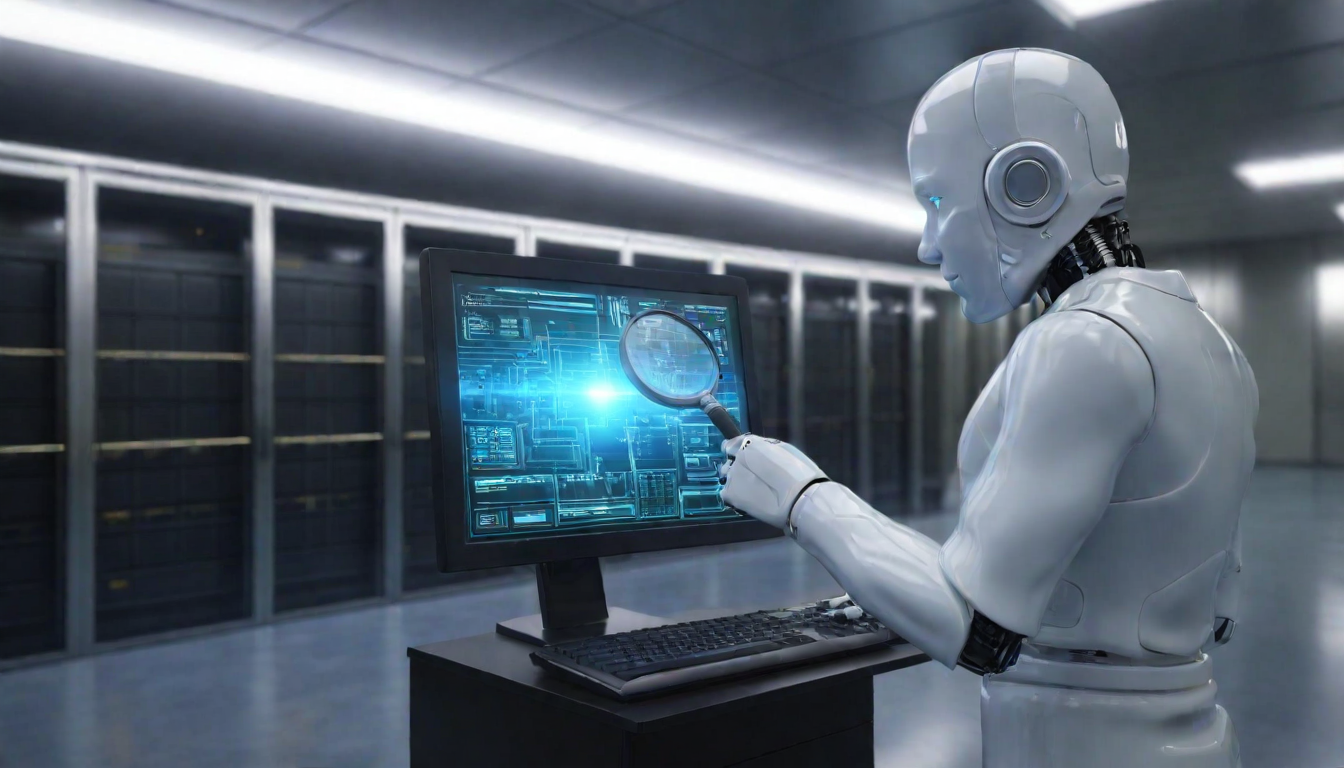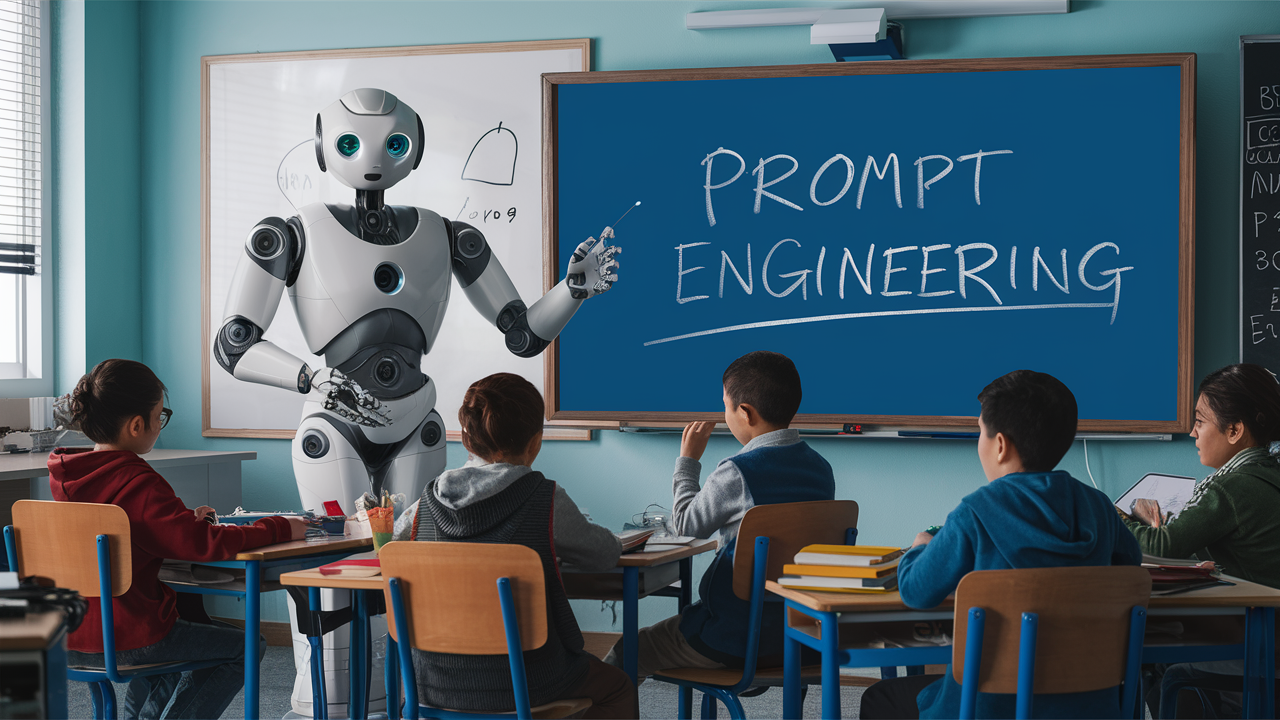A Shift in Leadership and Ideas
In a surprising turn of events, OpenAI CEO Sam Altman has transitioned to Microsoft following his departure from OpenAI. Known for his innovative thinking, Altman has a long history of advocating for universal basic income (UBI), a concept aimed at providing a safety net for all, particularly as AI continues to impact the job market.
Introducing “Universal Basic Compute”
Altman’s latest brainchild is a novel twist on this idea, which he has dubbed “universal basic compute.” Discussing this on the “All-In” podcast, Altman explained, “Everybody gets like a slice of GPT-7’s compute. They can use it, they can resell it, they can donate it to somebody to use for cancer research.”
This revolutionary idea is predicated on the belief that as AI technology advances and integrates further into our daily lives, owning a share of a powerful AI language model like GPT-7 could become more valuable than traditional currency. Altman elaborated, “You own, like, part of the productivity,” suggesting that this form of ownership could democratize access to AI’s benefits across a broader spectrum of society.

The Background: Universal Basic Income
Altman’s support for UBI isn’t new. The concept involves recurring, unconditional cash payments to every adult within a given population, intended to provide financial stability, irrespective of an individual’s wealth or employment status. Many in the tech industry, Altman included, view UBI as a necessary measure to cushion the economic disruptions caused by AI and automation.
In 2016, Altman launched his own basic-income experiment, through which cash payments ranging from $50 to $1,000 were distributed monthly to over 3,000 participants over three years. The results of this experiment are expected to be released soon and could offer valuable insights into the feasibility and impact of such programs.
Real-World Trials and Debates
Across the United States, various cities and states have piloted their versions of guaranteed basic income, providing no-strings-attached cash payments based on need or social status, rather than across the entire population. Many of these initiatives have yielded positive outcomes. However, certain conservative factions argue that such programs might disincentivize work, framing them as a form of welfare. For instance, the Supreme Court of Texas recently halted a Houston-area initiative designed to give $500 monthly to low-income residents.
The Future of Universal Basic Compute
While Altman has yet to detail the mechanics of his “universal basic compute” concept, it is already sparking debate across the political and technological spectra. Both conservatives and liberals are likely to scrutinize this idea closely, pondering its potential impact on society and economy.
As we proceed into an era increasingly dominated by AI, notions like “universal basic compute” could redefine our approach to economic support and technological integration. Altman’s vision challenges us to think beyond traditional frameworks, envisioning a fut




